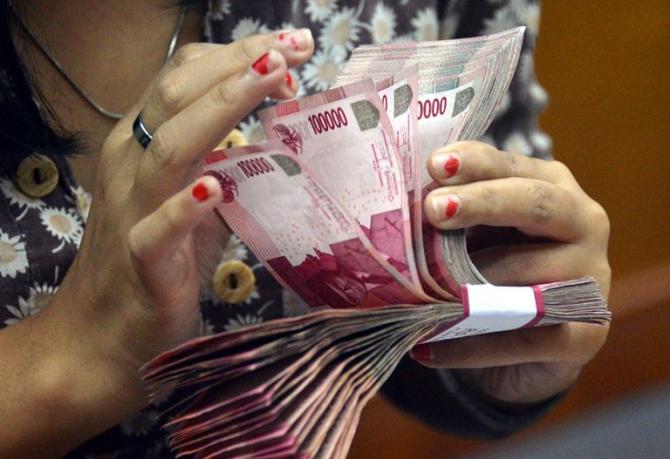
With the first two pillars of Indonesia’s party financing failing, the third (state subsidies) is of particular importance. But as demonstrated above, the extent of state subventions has been systematically reduced since 2005, shrinking them to a size that can only be described as miniscule. Today, Indonesian parties can cover far less than 1 percent of their real expenditures through state subsidies — well below the standard in comparable new democracies such as those in Eastern Europe or Turkey.
As Indonesia prepares to join the exclusive club of trilliondollar economies, the traditional argument that it can’t afford a solidly funded party financing system is rapidly losing credibility. Indeed, while some politicians — reportedly even President Susilo Bambang Yudhoyono — acknowledge that cutting the subsidies was a mistake and are therefore prepared to increase them, they are afraid of a public backlash. There is a widespread view within Indonesian society that parties do not deserve state subsidies, and that they not only should fund themselves but also provide expensive services to the people (disaster relief, health services or distribution of food items, for example).
Even those Indonesians who are in principle open to the idea of state subsidies generally demand that parties should cleanse themselves of corruption before requesting an increase in subventions. But as the next section illustrates, it is Indonesia’s dysfunctional party financing system that is the main source of political corruption. Against this background, it should become increasingly obvious that the latter cannot be addressed without substantially redesigning the former.
Party financing, corruption and public services
The systemic failure of Indonesia’s party financing regime has had a number of serious consequences for the country’s democratic quality. First, given that the three officially sanctioned income-generating mechanisms are ineffectual, parties have been forced to mobilize other — much more problematic — financing channels. For instance, they have squeezed their lawmakers for funds, sold nominations for legislative and executive office to cashed-up nonparty outsiders or turned to oligarchs to fund the entire operations of the party.







 resized.png)
